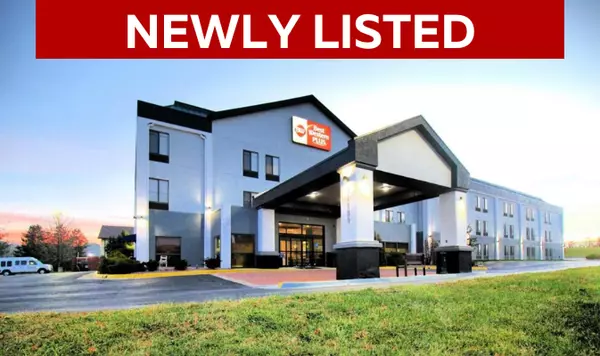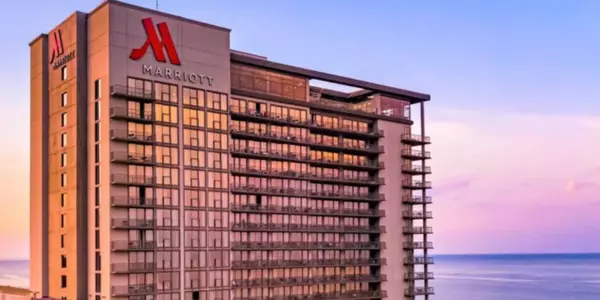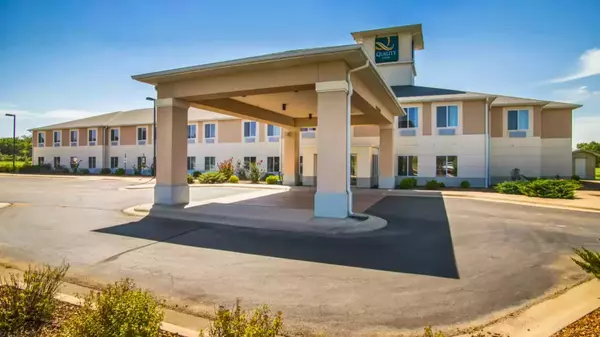Hospitality Real Estate: A Deep Dive into Zoning and Licensing Laws
 Hospitality Real Estate: A Deep Dive into Zoning and Licensing Laws
Hospitality Real Estate: A Deep Dive into Zoning and Licensing Laws
1. Zoning Laws: More Than Just Land Use
Zoning laws are local regulations that dictate how a parcel of land can be used. For hospitality real estate, these laws can be incredibly detailed and specific. For instance, a property may be zoned for commercial use, but there may be subcategories within that designation that further specify what type of commercial activity is allowed.
In some cities, there might be specific zoning designations for hotels, while in others, hotels might fall under a broader commercial or mixed-use designation. Zoning laws can also dictate the size and height of the building, the ratio of built space to open space on the lot (also known as Floor Area Ratio or FAR), parking requirements, and even the architectural style of the building.
Understanding these specifics is crucial because non-compliance can lead to legal issues, fines, or even the revocation of building permits. It's also important to note that zoning laws are subject to change, and what is permissible today might not be in the future.
2. Licensing Laws: Beyond the Basics
Licensing laws for hotels are equally complex. At the most basic level, hotels need an operating license, which is usually granted by the city or county. This license is typically contingent on meeting certain safety and health regulations, such as fire safety standards and food service regulations.
However, there are many other types of licenses a hotel might need, depending on its amenities. For instance, a hotel with a restaurant will need a food service license, and likely a liquor license if alcohol is served. If the hotel has a spa, additional licenses may be required for different types of treatments. Some jurisdictions may require additional licenses for services like valet parking or shuttle services.
3. The Process: Navigating Zoning and Licensing Laws
Navigating zoning and licensing laws typically involves several steps:
-
Research: The first step is to research the zoning designation of the property and understand what is allowed under that designation. This information is usually available from the local planning or zoning department.
-
Consultation: It's often beneficial to consult with a real estate attorney or a consultant who specializes in hospitality real estate. They can help interpret the zoning laws and advise on any potential issues.
-
Application: If the planned hotel complies with the zoning laws, the next step is to apply for a building permit. If it doesn't, it may be necessary to apply for a zoning variance or a change in the zoning designation.
-
Compliance: Once the hotel is operational, it's crucial to ensure ongoing compliance with both zoning and licensing laws. This can involve regular inspections and renewals of various licenses.
4. Case Study: Zoning and Licensing in Action
To illustrate how zoning and licensing laws work in practice, let's consider a hypothetical example. Let's say you're planning to open a boutique hotel in a historic downtown district. The property is zoned for mixed-use, which allows for commercial activities like a hotel. However, the zoning laws also have strict requirements for preserving the architectural character of the district.
In this case, you might need to work closely with an architect and the local historic preservation board to design a hotel that meets both the operational needs and the zoning requirements. You might also need to apply for a special permit to operate a hotel in a historic building.
As for licensing, you'll need to apply for a hotel operating license, as well as additional licenses for any amenities like a restaurant or spa. If you plan to serve alcohol, you'll need to applyfor a liquor license, which can be a complex process that involves background checks and public hearings.
In this scenario, understanding and complying with the zoning and licensing laws is not just a legal requirement—it's a crucial part of the project that can significantly impact the design, operation, and profitability of the hotel.
5. Conclusion: The Importance of Zoning and Licensing Laws
In conclusion, zoning and licensing laws are a crucial aspect of hospitality real estate. They can dictate everything from where a hotel can be built to how it can operate. Understanding these laws is not just about avoiding legal issues—it's about making informed decisions that can enhance the success and profitability of your hotel. By doing thorough research, consulting with experts, and staying informed about changes in the laws, you can navigate these complex regulations and make your hotel project a success.
Categories
Recent Posts










GET MORE INFORMATION


